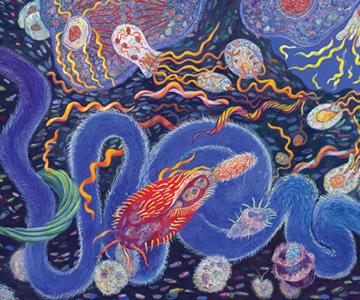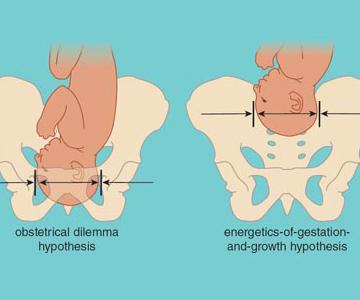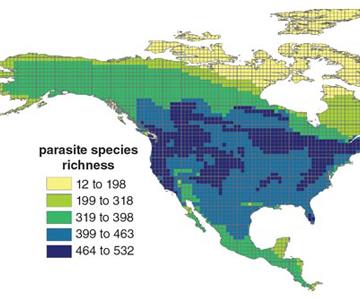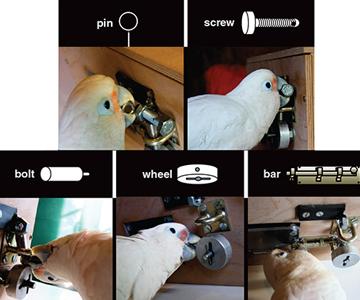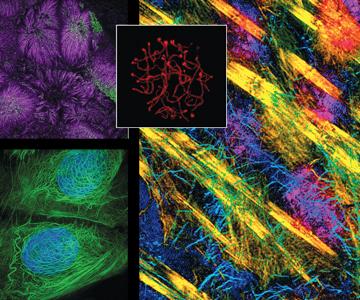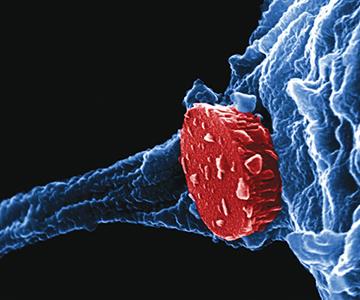Magazine
November-December 2013
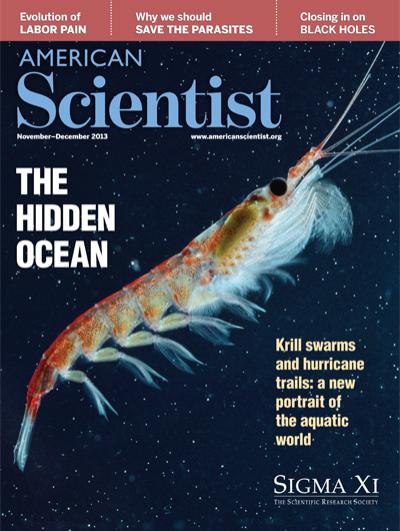
November-December 2013
Volume: 101 Number: 6
An Antarctic krill gazes out at the camera in the frigid waters of the Southern Ocean. Although they measure only about 5 centimeters long, krill are an important food source for many marine animals, including Adélie penguins. Gathering accurate information about the abundance and distribution of these little crustaceans is not easy, especially in the cold, remote, and often stormy waters off Antarctica. In "The Ocean Robot Network," authors Oscar Schofield, Scott Glenn, and Mark Moline explain how underwater autonomous vehicles (UAVs) are filling in our understanding of this crucial part of the ocean ecosystem. Data from UAVs show that krill abound in warm, upwelling waters around Antarctic canyons, explaining why these locations are also hotspots of penguin activity. (Photography by George F. Mobley, NatGeoCreative.com.)
In This Issue
- Art
- Astronomy
- Biology
- Chemistry
- Communications
- Computer
- Engineering
- Environment
- Evolution
- Mathematics
- Medicine
- Physics
- Psychology
- Sociology
- Technology
One Family's Search to Explain a Fatal Neurological Disorder
Nissa Mollema, Harry Orr
Biology Medicine
With their help, researchers are advancing the 70-year effort to understand—and treat—hereditary ataxia.
On the Trail of Monster Black Holes
Julie Hlavacek-Larrondo
Astronomy
Collapsed objects weighing millions or billions of times as much as the Sun lie at the heart of nearly all galaxies. New images are finally stripping the mystery from these spheres of warped space.
The Science of Seaweeds
Ole Mouritsen
Biology
Marine macroalgae benefit people culturally, industrially, nutritionally, and ecologically.




